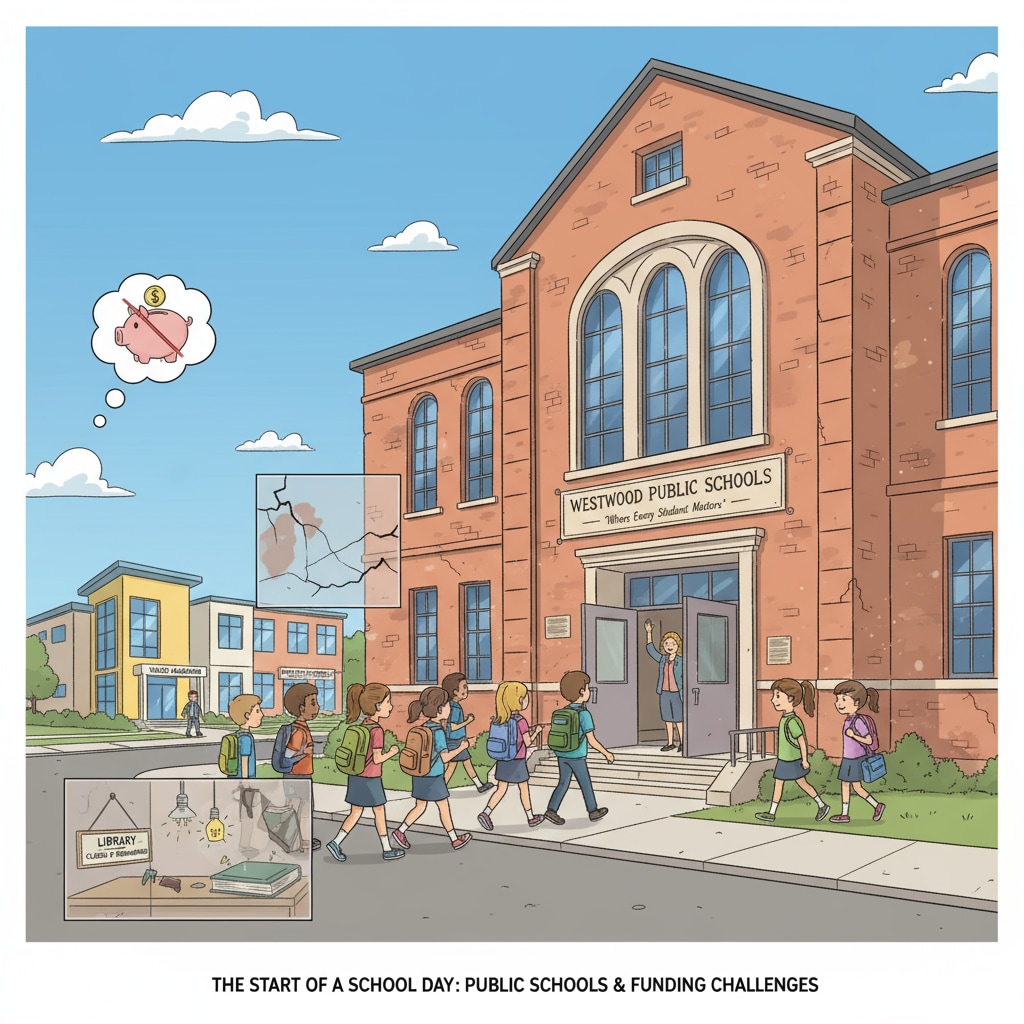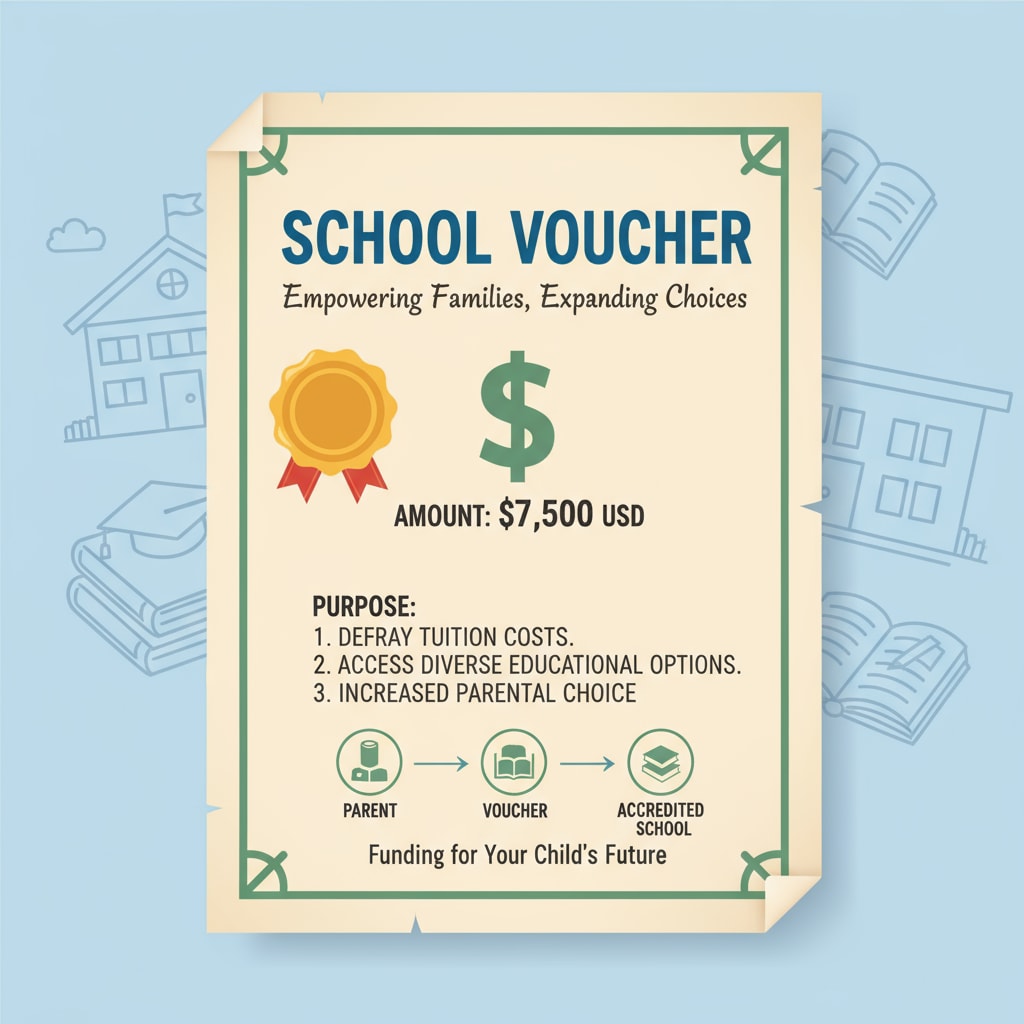The issue of school voucher policies and their impacts on public school funding has long been a topic of intense debate. School vouchers, in theory, are designed to give parents more educational choices for their children. However, their implementation has led to complex implications for public schools’ financial resources.

For example, as more students use vouchers to attend private schools, the funding allocated to public schools can be significantly affected.
The Concept of School Vouchers
School vouchers are a form of government-issued certificates. They are intended to provide parents with the financial means to send their children to schools of their choice, which may include private or parochial institutions. This system aims to promote educational competition and improve overall educational quality. According to Wikipedia’s entry on school vouchers, the idea has been around for decades, sparking discussions across different levels of the education community. However, it also brings new challenges to the traditional public school funding model.

Impact on Public School Funding
One of the most significant concerns is the reduction in funding for public schools. When students leave public schools to use vouchers at other institutions, the per-pupil funding that follows them is taken away from the public school system. As a result, public schools may face budget shortages, which can lead to cuts in programs, fewer resources for teachers, and a decline in the quality of education. Small towns, in particular, often struggle more with these funding changes. Their public schools may already be operating on tight budgets, and the loss of students due to vouchers can be a severe blow. For instance, a small town’s public school might have to reduce its art or music programs because of insufficient funds.
On the other hand, proponents of school vouchers argue that it promotes efficiency. The competition created by vouchers can force public schools to improve their performance to attract students and retain funding. However, critics counter that this competition may be unfair, as public schools have to serve all students, including those with special needs, while private schools may have more flexibility in student selection. Britannica’s article on school choice also touches on the various aspects of this complex issue.
In conclusion, the school voucher policy is a double-edged sword when it comes to public school funding. While it offers the potential for increased educational choice, it also poses significant threats to the financial stability of public schools. Finding a balance between promoting educational options and ensuring fair resource allocation for public schools is crucial for the future of education. It requires careful consideration and comprehensive policies to address the concerns of all stakeholders involved.
Readability guidance: This article uses short paragraphs and lists to summarize key points. Each H2 section provides a clear perspective on the topic. The passive voice and long sentences are kept to a minimum, and transition words are used throughout to enhance the flow of the discussion.


